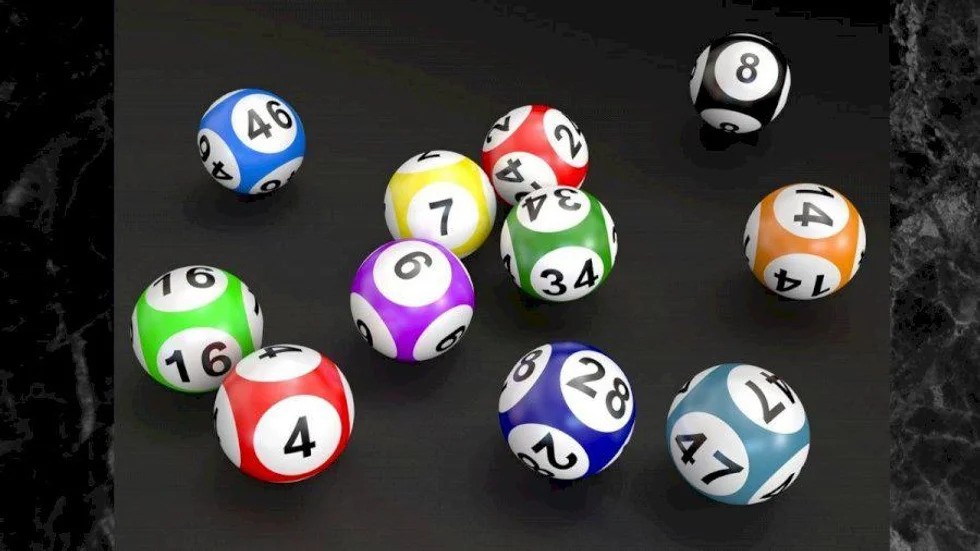Winning, in any context, is often seen as the pinnacle of achievement. Whether it’s a sports competition, a business endeavor, or even something as seemingly random as a lottery draw, the desire to win is deeply ingrained in human psychology. In this exploration, we delve into the fascinating world of live sgp players, examining the intricate psychology behind the pursuit of victory in games of chance.
The Thrill of Anticipation
One of the most intriguing aspects of live draw games is the anticipation leading up to the moment of truth. Players invest not just money, but also emotions, hopes, and dreams into the outcome of the draw. The period between purchasing a ticket and awaiting the results is rife with a mix of excitement, nervousness, and anticipation.
Psychologically, this anticipation triggers the brain’s reward system, releasing dopamine—the neurotransmitter associated with pleasure and motivation. The prospect of winning activates the brain’s pleasure centers, creating a euphoric sensation that keeps players coming back for more.
The Illusion of Control
Despite the randomness inherent in live draw games, players often exhibit a sense of control over their fate. This illusion of control stems from various factors, including selective attention to favorable outcomes and the tendency to attribute wins to personal skill rather than chance.
For instance, a player might develop superstitions or rituals believed to increase their chances of winning, such as choosing specific numbers, wearing lucky charms, or participating in draws at certain times. While these behaviors have no bearing on the outcome, they provide a sense of agency in an otherwise unpredictable environment.
Coping with Losses
In the world of live draws, winning is the ultimate goal, but losses are an inevitable reality. How players cope with these losses can offer valuable insights into human behavior and resilience.
Some individuals may experience disappointment, frustration, or even grief following a loss, especially if they had invested significant time and resources into their pursuit of victory. However, resilient players are adept at reframing losses as temporary setbacks rather than definitive failures. They view each draw as a fresh opportunity, maintaining optimism and perseverance despite past disappointments.
Social Dynamics and Community
Live draw games often foster a sense of community among participants. Whether it’s sharing strategies, discussing past wins and losses, or simply experiencing the excitement together, players form connections based on their shared pursuit of victory.
These social dynamics not only enhance the overall experience but also serve as a source of support and camaraderie during both triumphant and challenging times. In a world increasingly characterized by digital isolation, live draw communities offer a tangible sense of belonging and human connection.
Conclusion
The psychology of winning in live draw games is a multifaceted phenomenon, influenced by anticipation, the illusion of control, coping mechanisms, and social dynamics. Understanding these psychological intricacies sheds light on why individuals are drawn to such games despite their inherent randomness.
